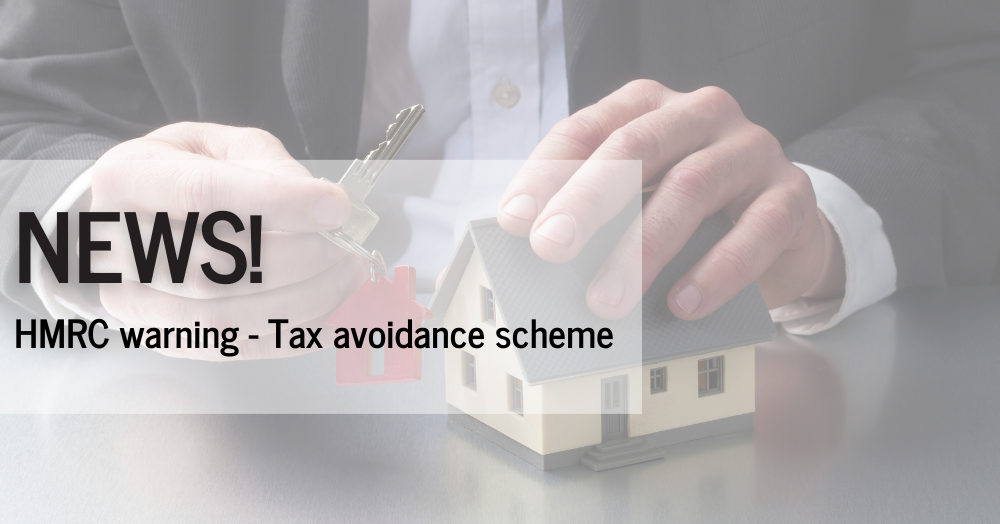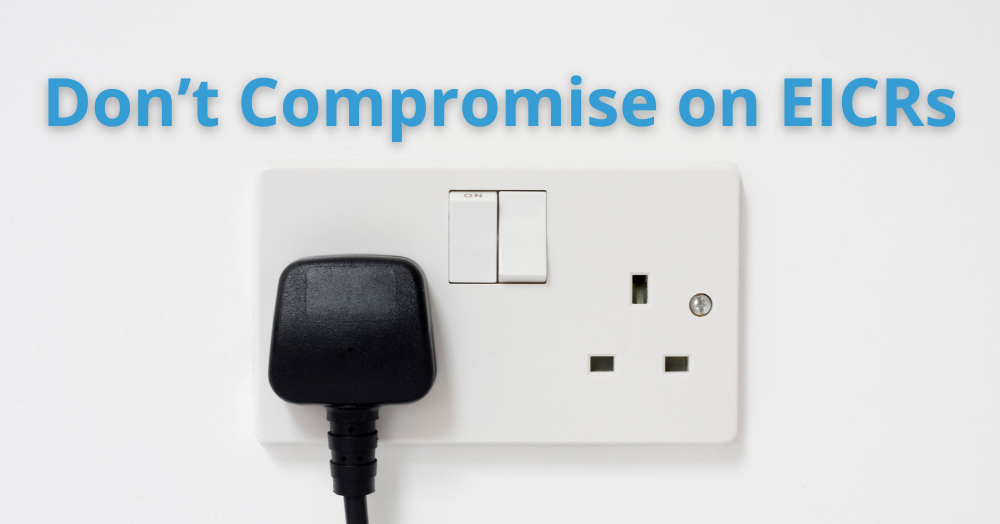Owning buy-to-let property can be an exciting experience, buying residential property to rent in Preston can be a secure and rewarding form of investment. However, for some keeping up with legislation and regulations can be overwhelming no matter whether they have a portfolio of properties or just own the one.
There are over 150 pieces of legislation that a landlord must adhere to from preparing and marketing the property through to the end of the tenancy. Non-compliance with the law can result in serious consequences from making it impossible to serve a Section 21 notice to regain possession of the property to hefty fines being imposed. Below are some key pieces of legislation, which is by no means exhaustive, that all landlords need to know when beginning to market a property and commencing a tenancy.
Minimum energy efficiency standards
The Domestic Minimum Energy Efficiency Standard (MEES) Regulations set a minimum energy efficiency level for domestic private rented properties. Currently, the property must have an A-E rating, if the property has a rating of F or G the landlord must take appropriate actions to increase the rating of the EPC (energy performance certificate).
A new tenancy or renewal cannot commence with an EPC rating of F or G.
However, there are several exemptions. Firstly, there is a maximum cost cap: currently £3,500 per property, including VAT (and including outside funding such as grants). If after spending this amount on improvements, the property still doesn’t meet the minimum EPC rating, the landlord can register an ‘all improvements made’ exemption.
Other exemptions include where work would damage or devalue the building (with evidence from a qualified surveyor), or where you cannot get necessary third-party permission (for example from a tenant, planning authority or freeholder). Exemptions are valid for five years.
Right to rent checks
This is an extremely complex piece of law. Since 1 February 2016, all landlords of private rental accommodation in England have been required to carry out Right to Rent checks for new tenancy agreements to determine whether all the occupiers aged 18 and over have the right to live in the UK legally (including British Nationals). Under Section 22 of the Immigration Act 2014, a landlord must not authorise an adult to occupy property in England as their only or main home under a residential tenancy agreement unless the adult has a Right to Rent in the UK.
A landlord needs to see the original documents of all potential occupants, even if they are not named on the tenancy agreement, that proves they are entitled to live in the UK and this must be done before a tenancy commences. How this is obtained differs depending on the potential occupants' nationality, the main documents are passports or share codes. A landlord must keep copies of the documents and record the date they were checked.
Prohibited payments
It is unlawful under the Tenant Fees Act 2019 for a landlord to charge a tenant, including relevant persons, any fees other than the permitted payments as stated in the Act. There are many situations that in the past a tenant would be charged for such as referencing, application fees, renewal fees, call-out fees, the list goes on.
Instead, it is easier to list the fees that are permitted under the Act as there are a few:
- Rent
- Holding deposit – Used to secure a property, there is a maximum you can charge and it is time limited. This must then be used against the first rent payment once the tenancy is agreed and there are very strict rules on when a holding deposit can be retained.
- Tenancy deposit – This covers damages, defaults and arrears for the tenancy. There is a cap on the amount you can charge.
- Unpaid rent – Interest can be charged on unpaid rent. This can only be levied after a certain time has elapsed and it cannot exceed 3% above the Bank of England base rate.
- Lost keys or other security devices – You can charge for the actual cost of replacing any lost keys plus lock changes as a result of lost keys or other security devices.
- Variation of contract – This can be charged, to associated costs, where a tenant requests a change to the tenancy agreement, this includes a change of sharer. There is a maximum that can be charged.
Tenancy Deposits
Under the provisions of the Housing Act 2004, every landlord that takes a deposit for an Assured Short-hold Tenancy in England and Wales must join a Government-backed Tenancy Deposit Scheme. The regulations came into effect from April 6, 2007.
The three Government-backed schemes are the Deposit Protection Service (DPS), My Deposits and the Tenancy Deposit Scheme (TDS). Landlords must register all deposits with a scheme within 30 days of receiving them. At the end of the tenancy, the landlord has 10 days to return the deposit in full or have notified the tenant of any proposed deductions.
Relevant documents
There are five key documents landlords must provide tenants before a tenancy commences. Landlords cannot evict tenants with a section 21 notice if they haven’t provided tenants with the documentation listed below.
- The ‘How to rent: The checklist for renting in England’ guide as either a printed hardcopy or as a PDF by email where the tenant agrees to documents by email.
- A valid EPC (energy performance certificate).
- A valid gas safety certificate, where applicable, and within 28 days on the renewal of each annual gas safety check.
- A valid EICR (electric installation condition report) and within 28 days on the renewal of each report.
- Prescribed information relating to the deposit and the deposit scheme. This must also include the scheme's terms and conditions.
If you are a landlord with a rental property in Preston, Leyland or Chorley and you are struggling to keep up to date with the ever changing legislation please give us a call on 01772 284606 to see how we can help. We have been helping landlords for over a decade.


 By
By 



Share this with
Email
Facebook
Messenger
Twitter
Pinterest
LinkedIn
Copy this link